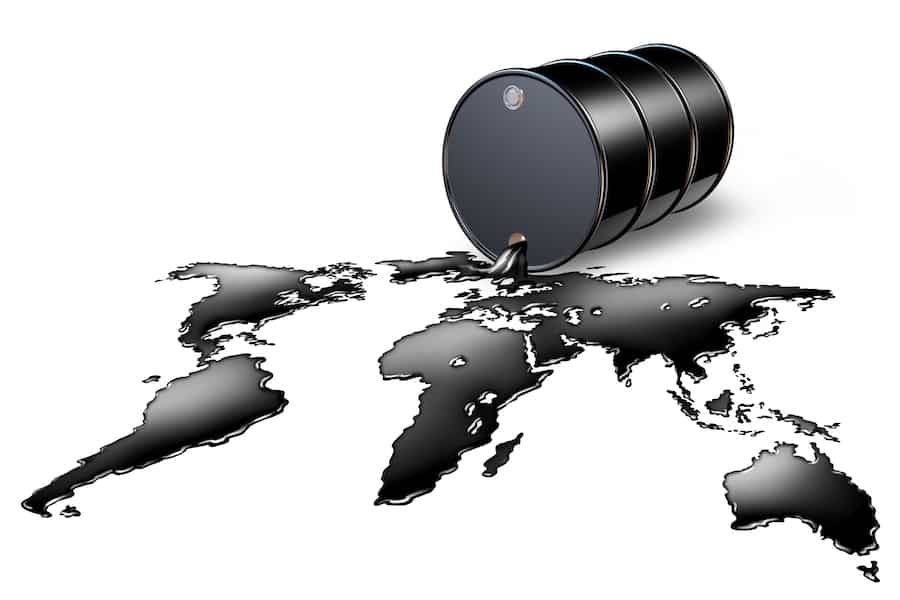There are no products in your shopping cart.
| 0 Items | £0.00 |


CRUDE oil probably only has a lifespan of 25 more years during which it will remain the primary source of energy according to a new report just published by the Organisation of Petroleum Exporting Countries (Opec).
Over about the last two decades, a realisation has grown that petroleum is a finite resource and moves need to be made to reduce the dependence on it, if industrialisation is to grow. In addition, it has become clear that fossil fuels are very polluting, leaving behind huge carbon footprints, which deplete the ozone layer, emit greenhouse gases and lead to global warming.
As a result, many nations started moving away from the use of fossil fuels like petroleum and began focusing on clean energy like wind, solar, hydro-electric power and renewable energy. However, poor developing nations like Open member states such as Nigeria, are yet to join the fray and are still heavily dependent on crude oil for their survival.
In its latest report on the subject, Opec has projected that despite the growing need for renewables as a source of energy, crude oil and its associated products will remain the largest contributor to the energy mix for the next 25 years. In its annual World Oil Outlook (WOO) 2020, released by its secretary-general, Nigeria’s Sanusi Barkindo, Opec said it believed oil would remain the largest contributor to the energy mix through to 2045, accounting for more than 27% of output, followed by gas, with roughly 25% and coal with nearly 20%.
Opec stated that a major economic constraint for oil-producing countries in Africa remains their high sovereign debt obligations and cost of debt servicing coupled with geo-political issues, which it said would have serious negative impact if allowed to worsen in the continent. In addition, the report agreed with the authorities in the Nigerian oil and gas industry that natural gas will be the fastest growing fossil fuel, stressing that there will be a huge leap due to growth in urbanisation, industrial demand and the phasing out of coal in the power generation mix.
Opec described the impact of the Covid-19 pandemic faced by the industry, especially earlier in the year as an existential threat, saying that climate policies will continue to shape the future of energy. It projected that worldwide oil demand was expected to increase by about 10m barrels per day over the long term, rising to 109m barrels in 2040 and peaking at 109.1m barrels around 2045.
These latest figures indicated a downward revision of over 1m barrels per day when compared to the 2040 levels projected in the group’s 2019 outlook, which stood at 99.7m barrels per day in 2019. According to Opec, the contribution from solar, wind and geothermal energy was expected to grow by 6.6% per year on average through to 2045, faster than any other energy source.
In addition, the report further indicated that world crude demand will make a strong post-Covid-19 recovery between 2021 and 2023 but will peak somewhere around 2040 and 2045. Opec added that it expects global oil demand to rise to 103.7m barrels a day by 2025, up by 4m barrels from 2019, with relatively high annual increments of 2.1m and 1.5m barrels in 2022 and 2023 respectively.
Opec said its position was based on the restored economic growth, especially in the major developing countries, as well as demand catching up in the sectors hit most by the pandemic, including aviation, road transport and industry. This latest forecast would suit Opec members, including Nigeria, which will be required to fill the gap and increase their oil market share as non-Opec supply declines over the long term.
Non-Opec crude supply growth between 2019 and 2025 will still slightly exceed global demand growth over the period, although by much less than anticipated last year. According to Opec, future spending in upstream oil will need to average $380bn a year between 2020 and 2045 in order to meet demand, with spending dropping by 32% this year from 2019, to around $225bn.